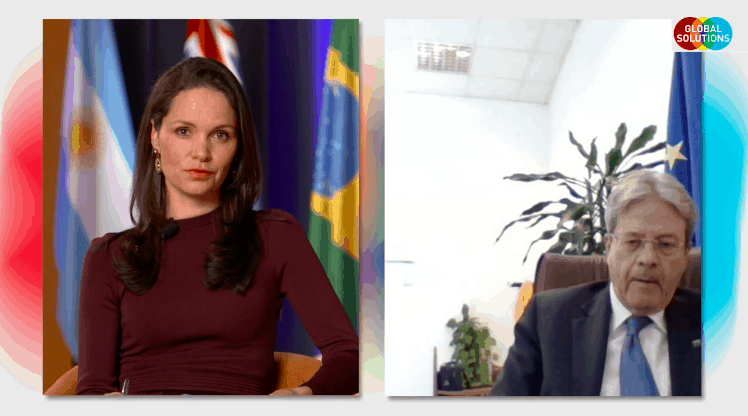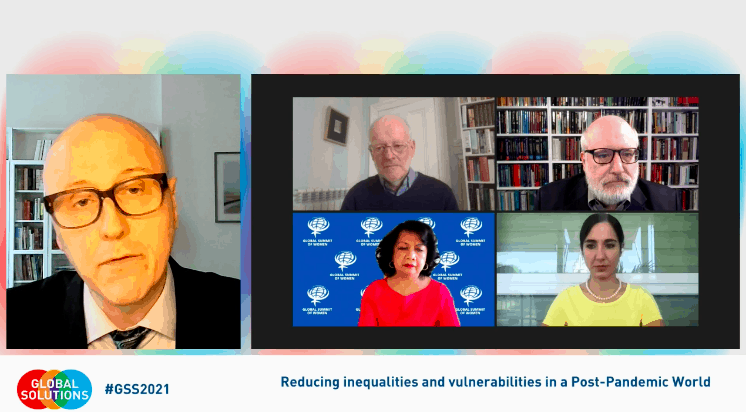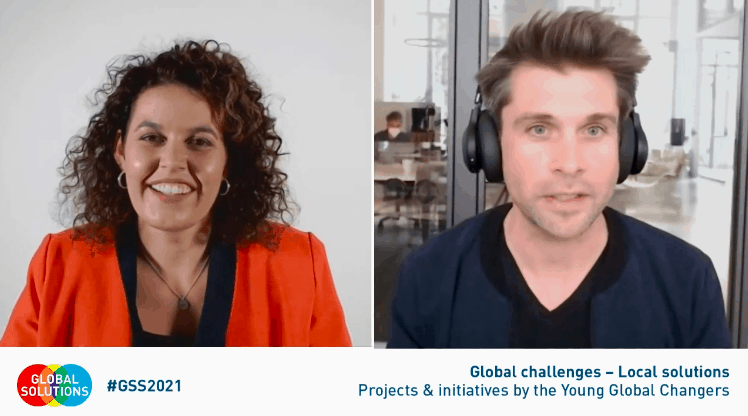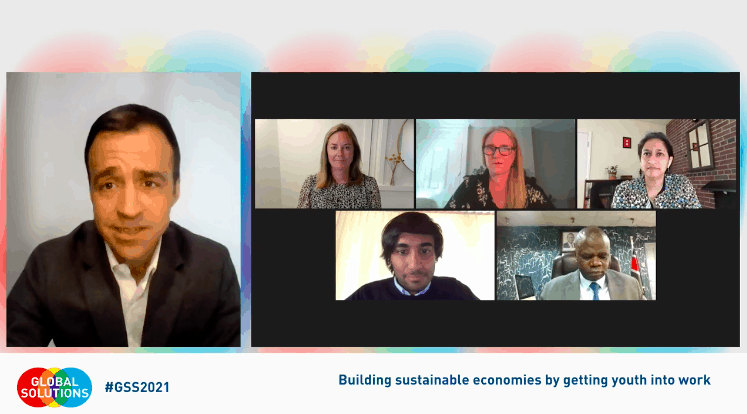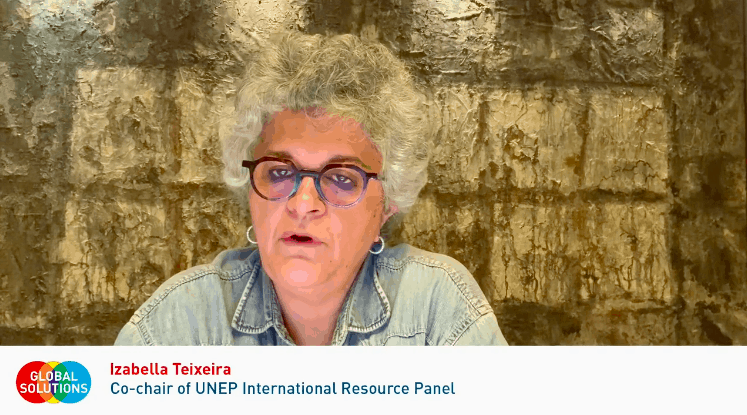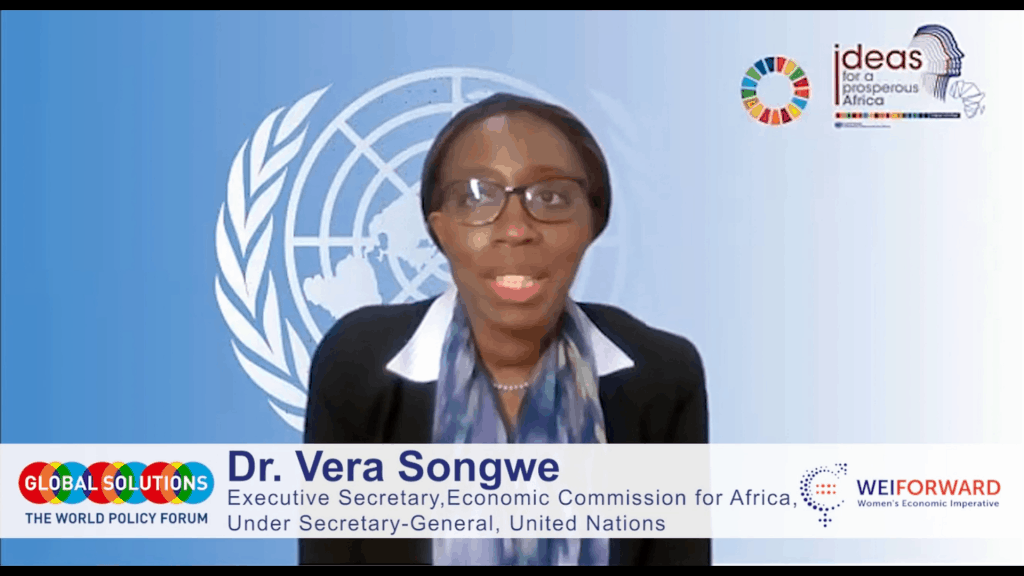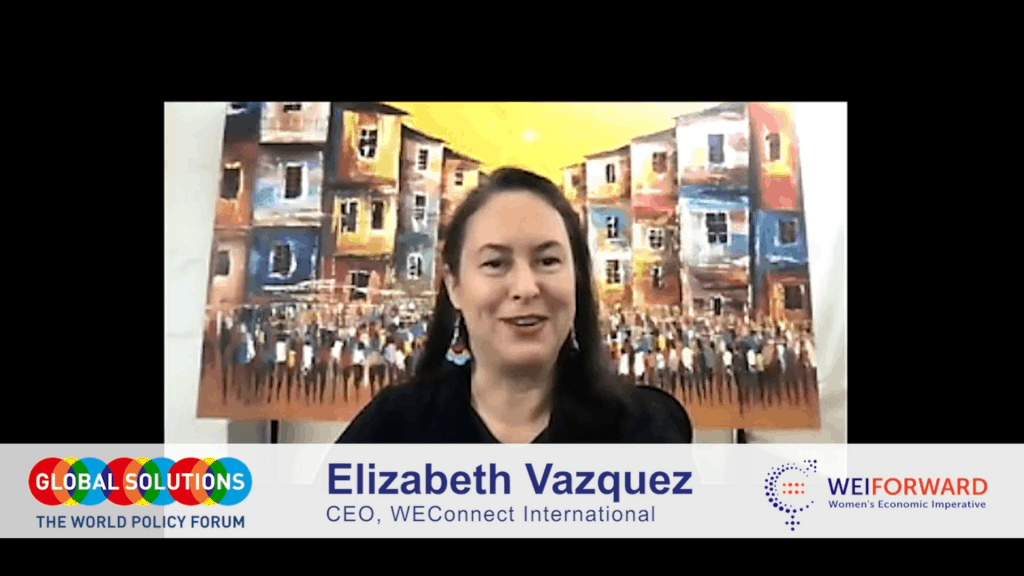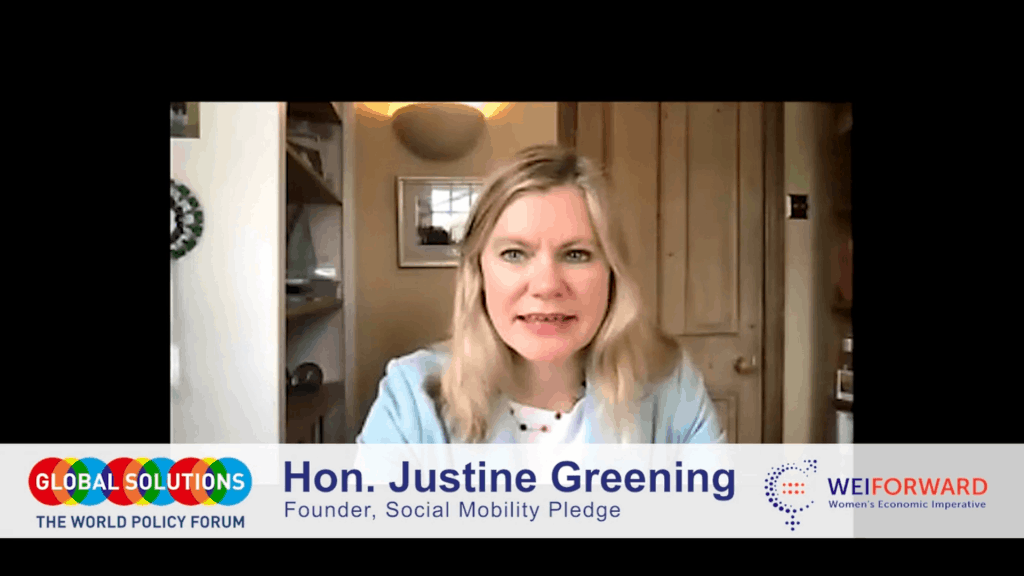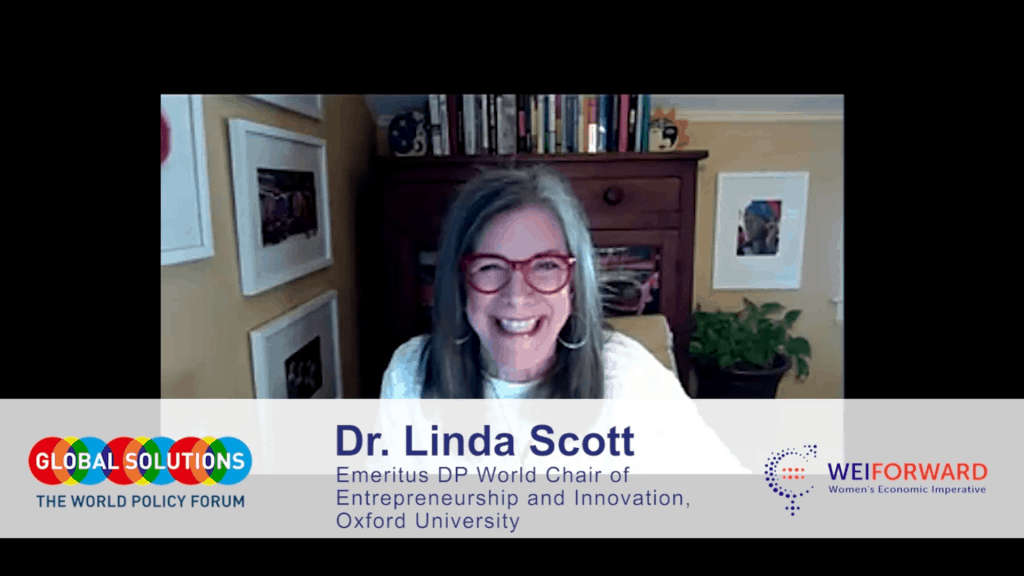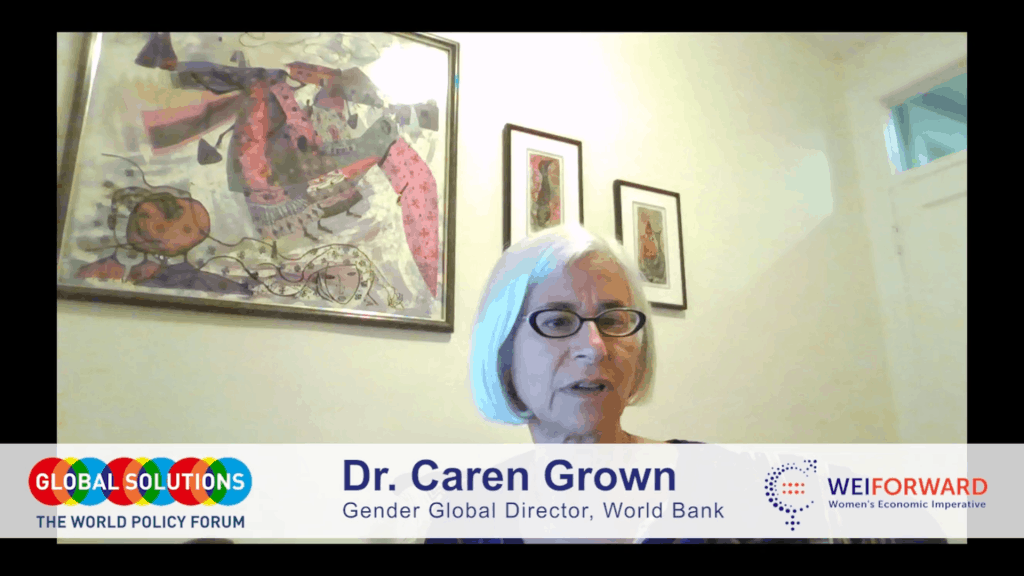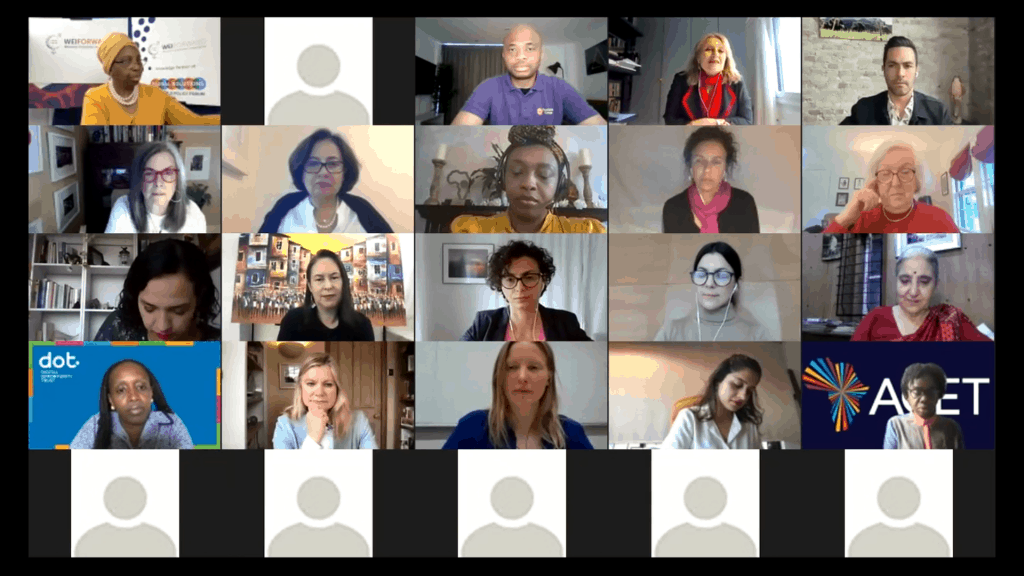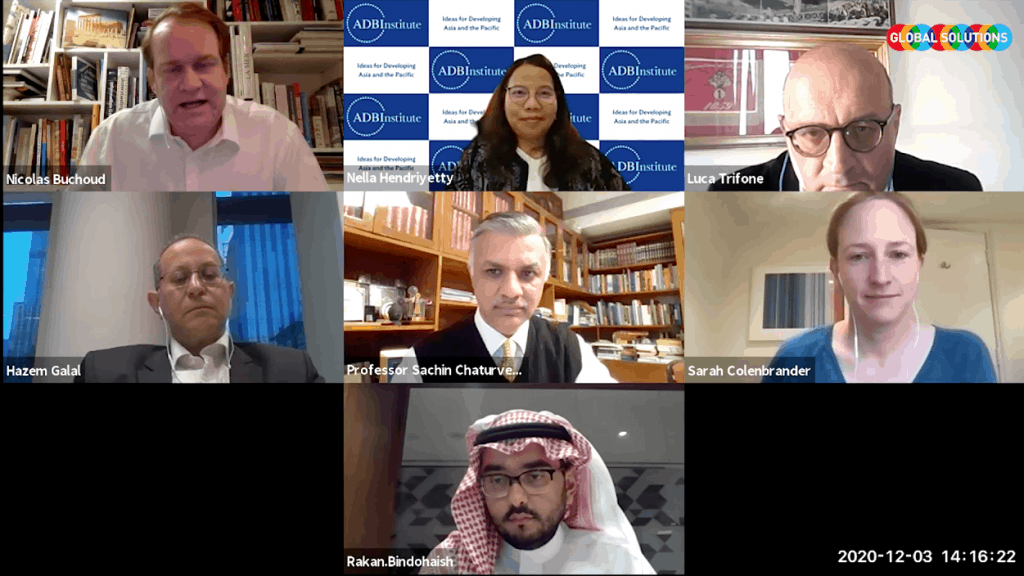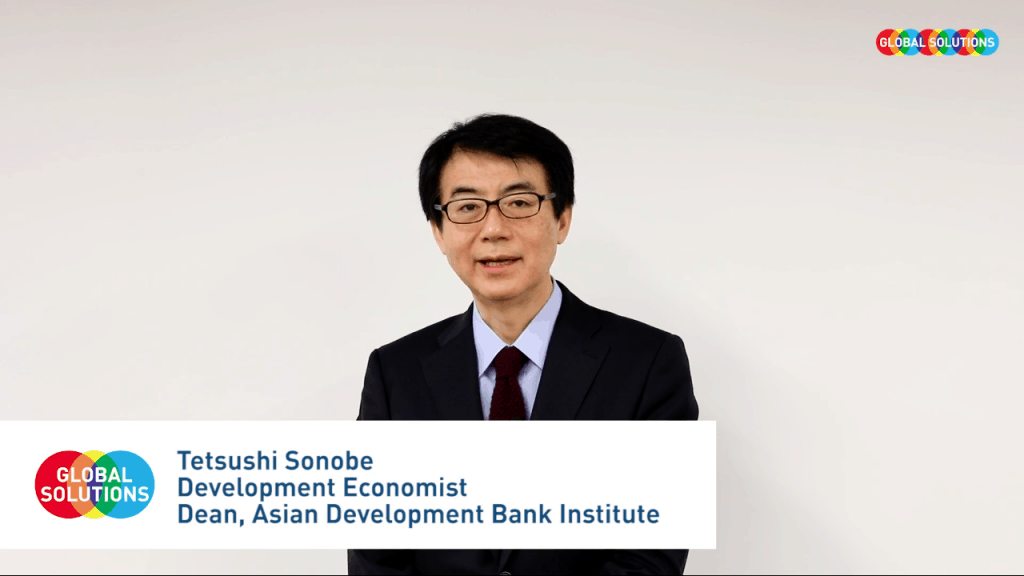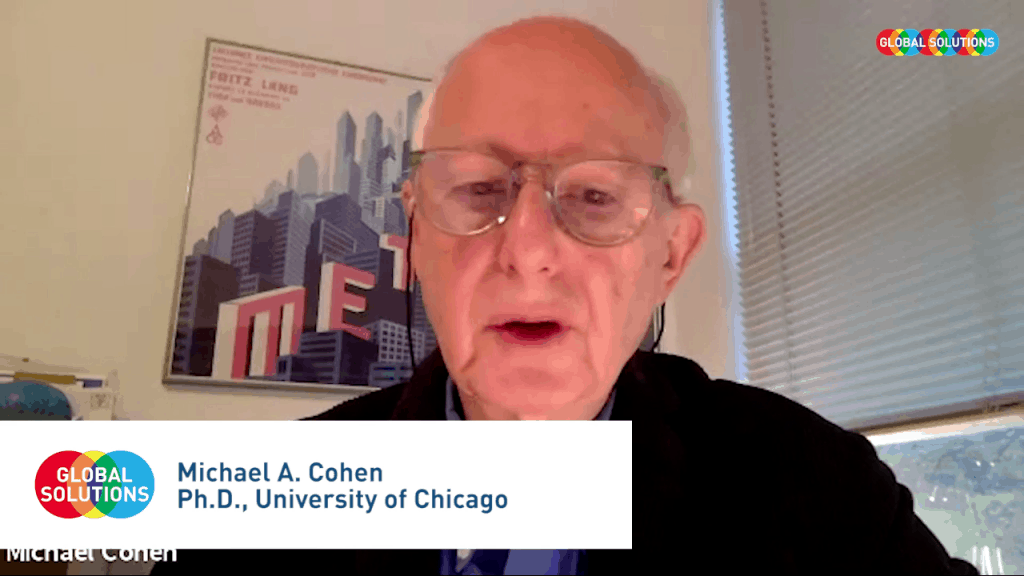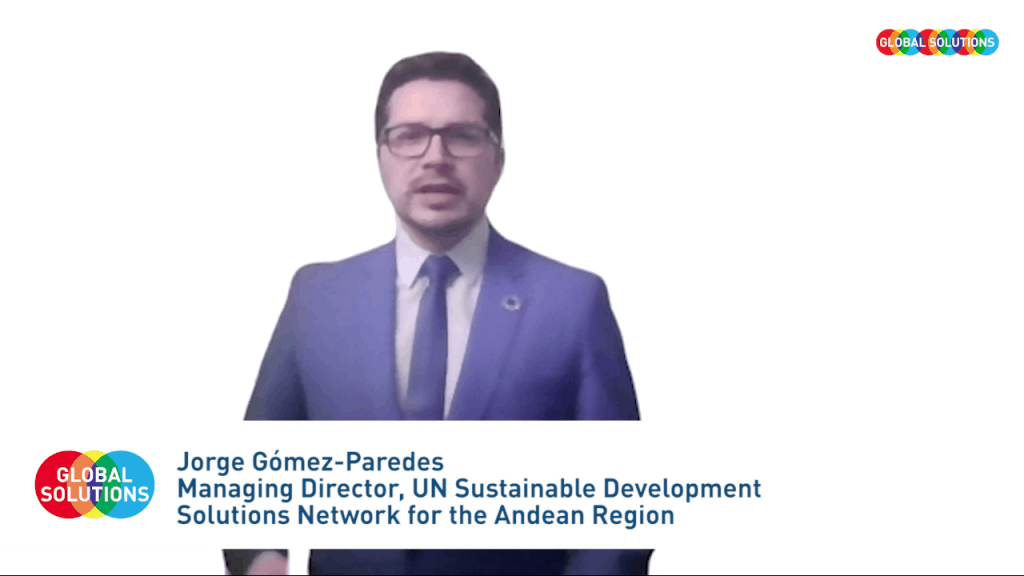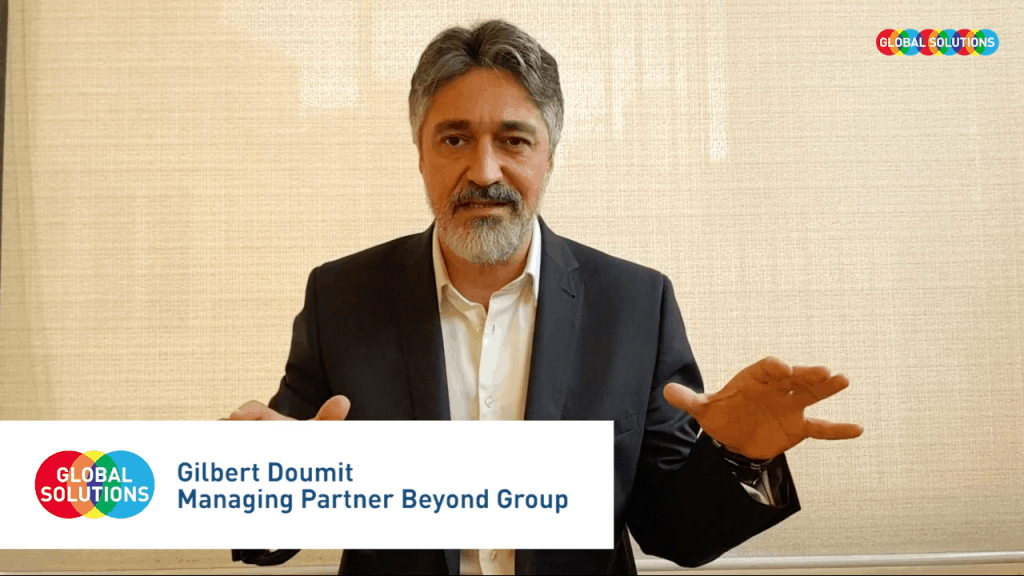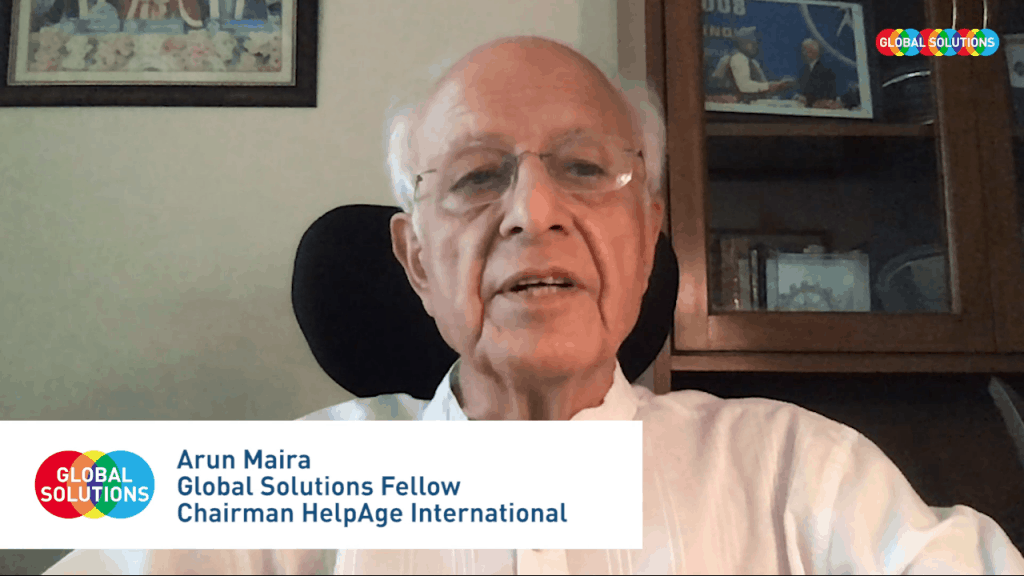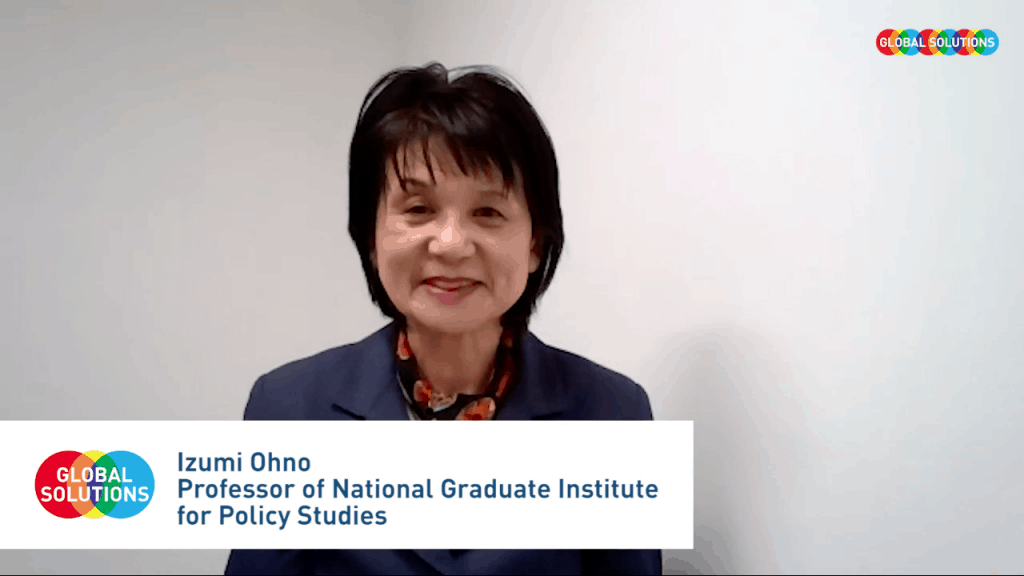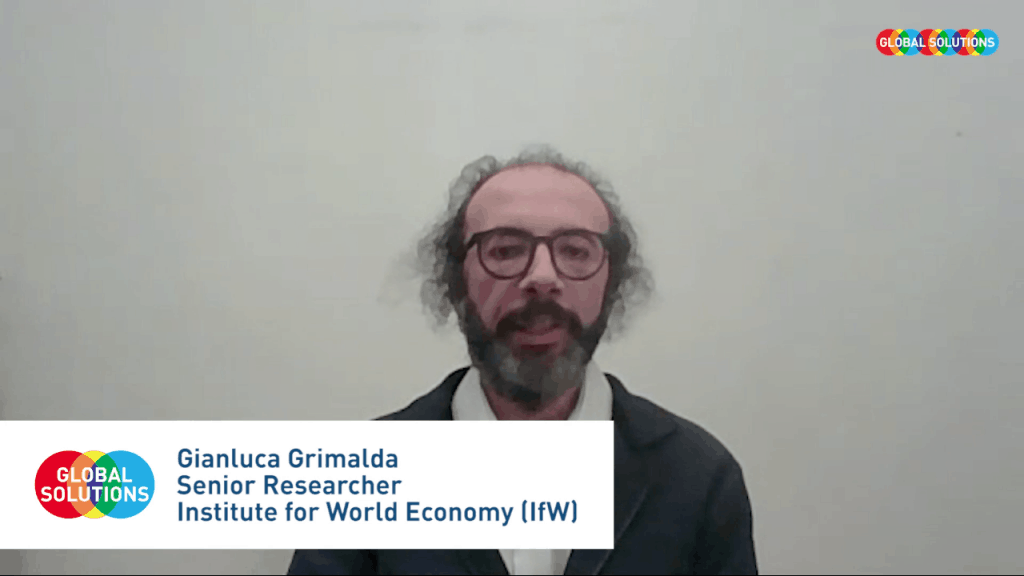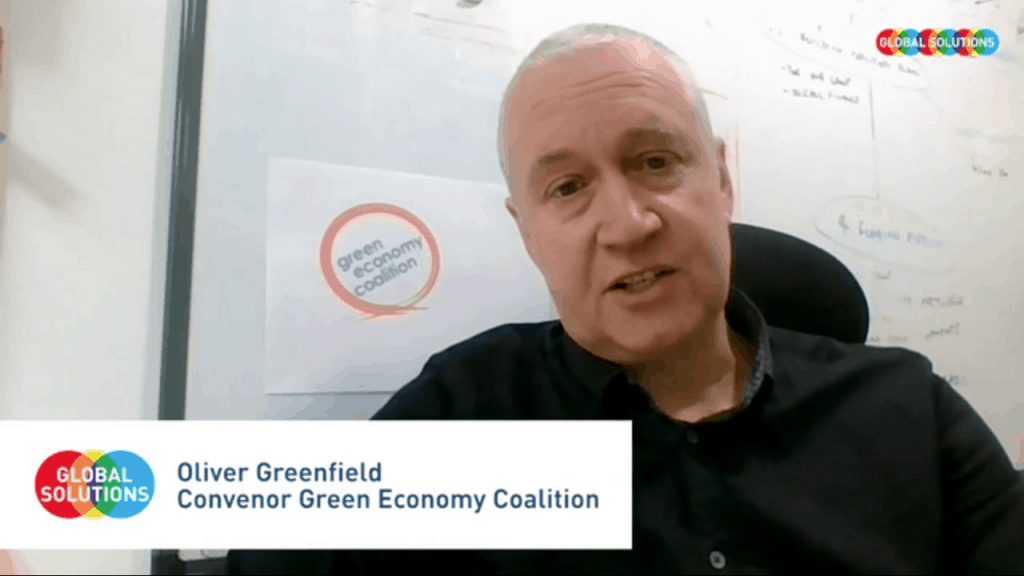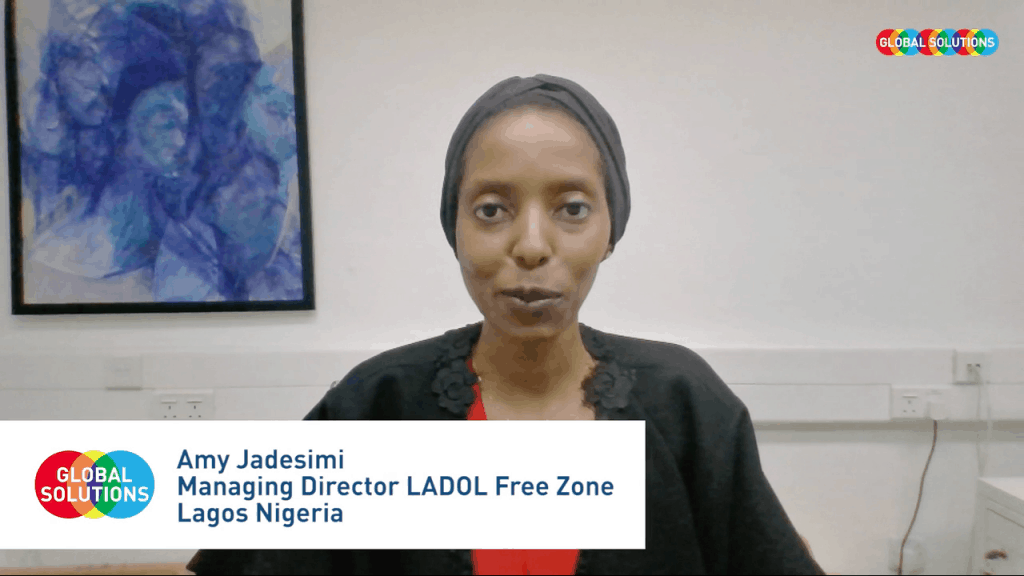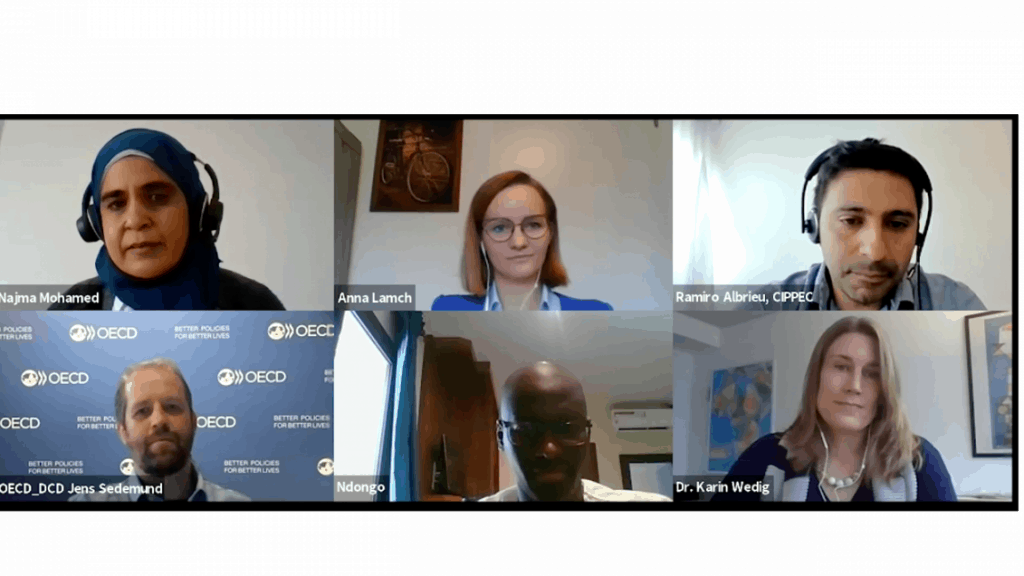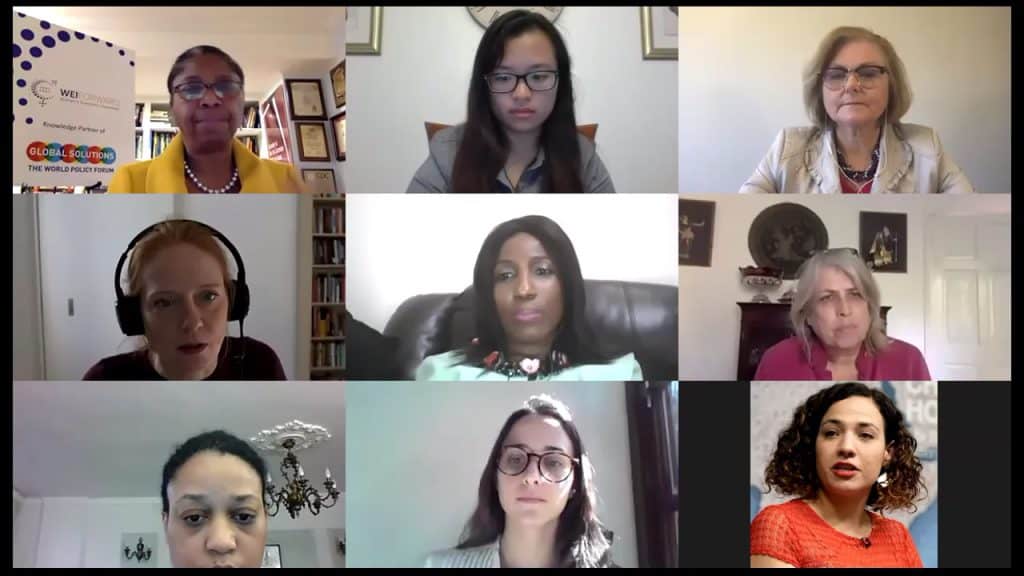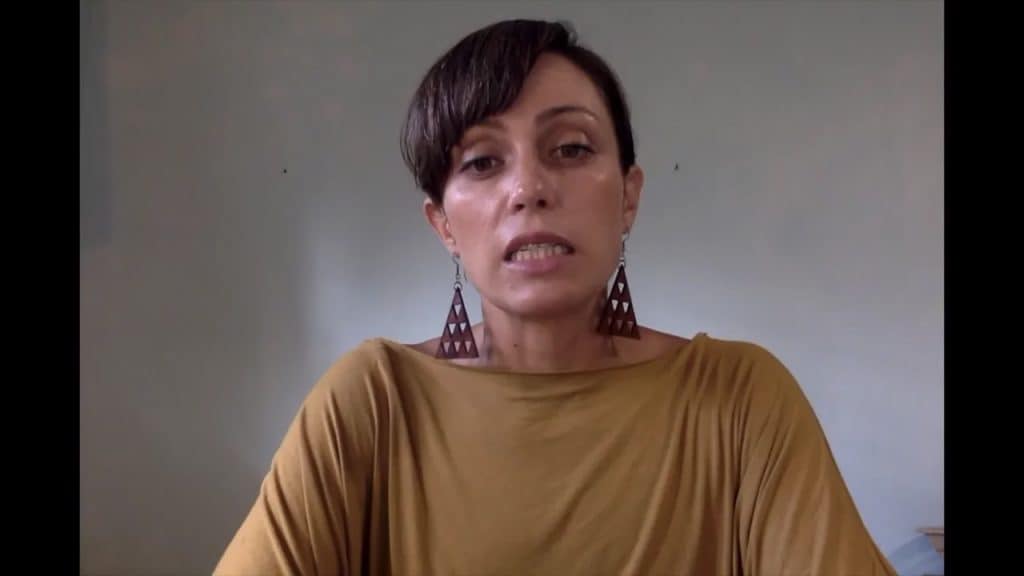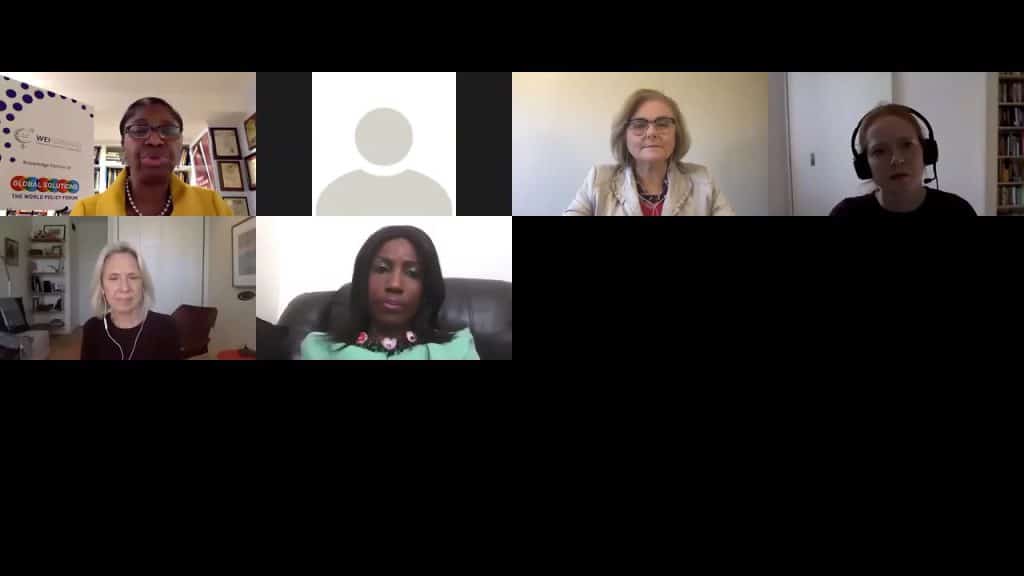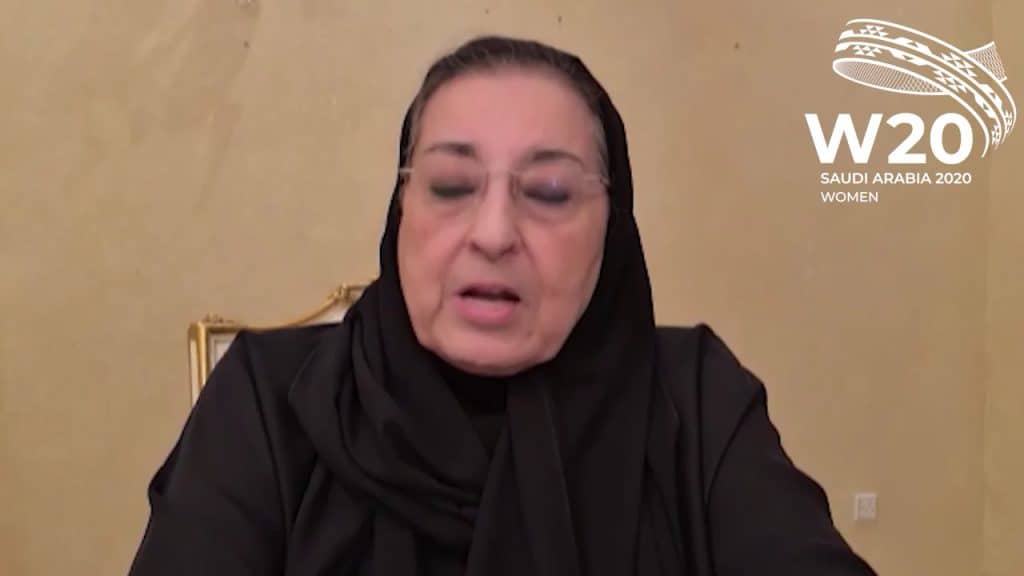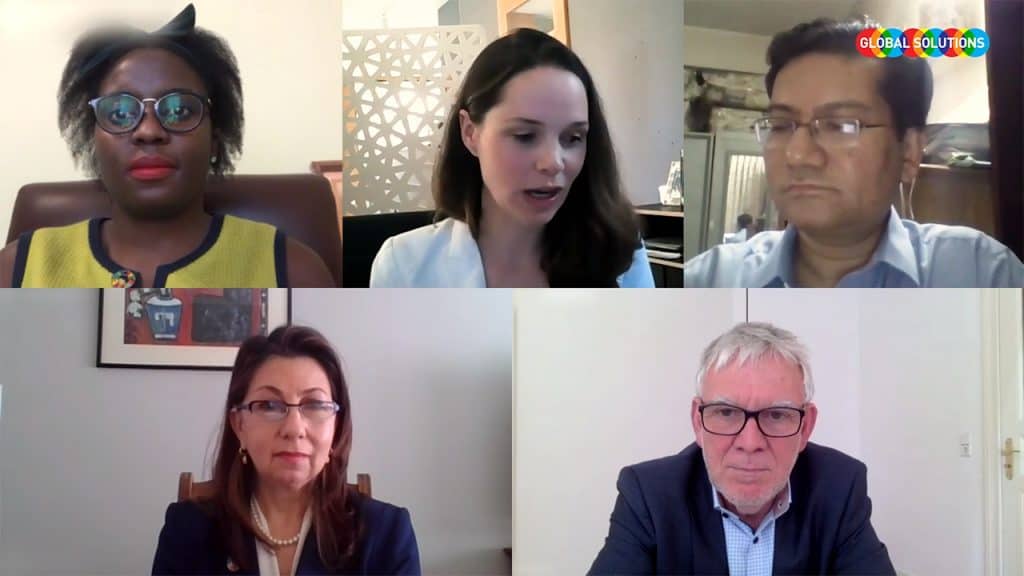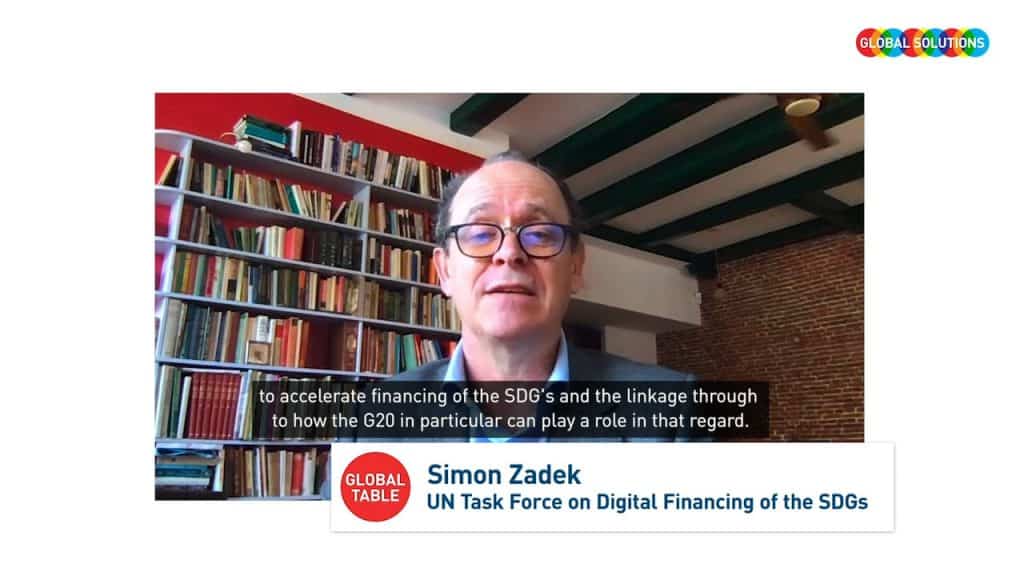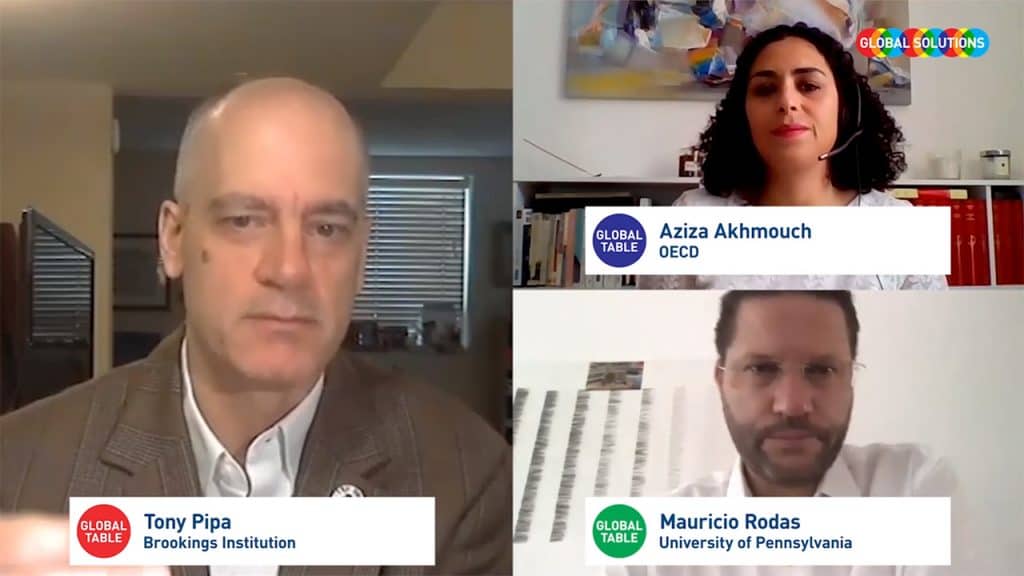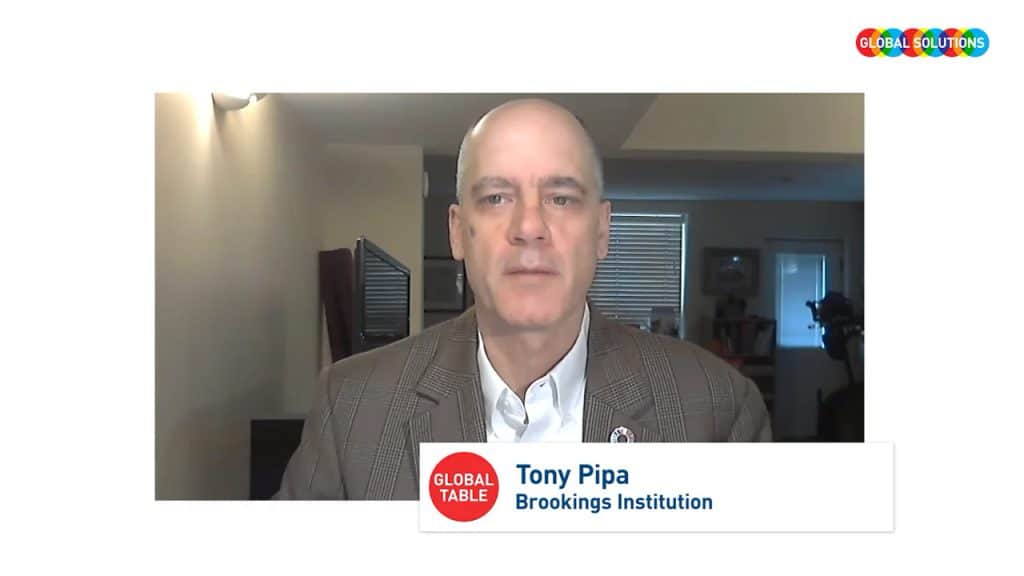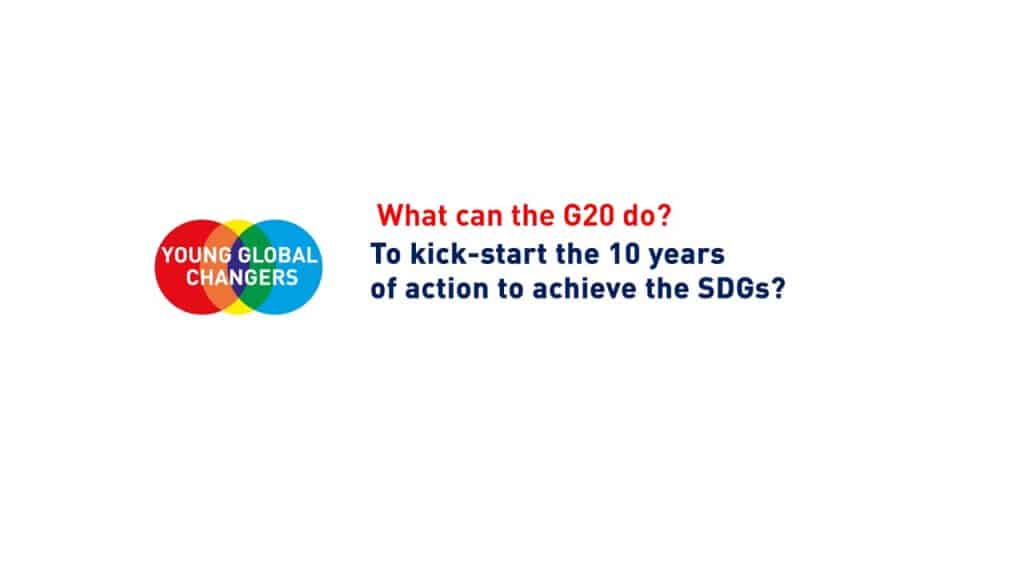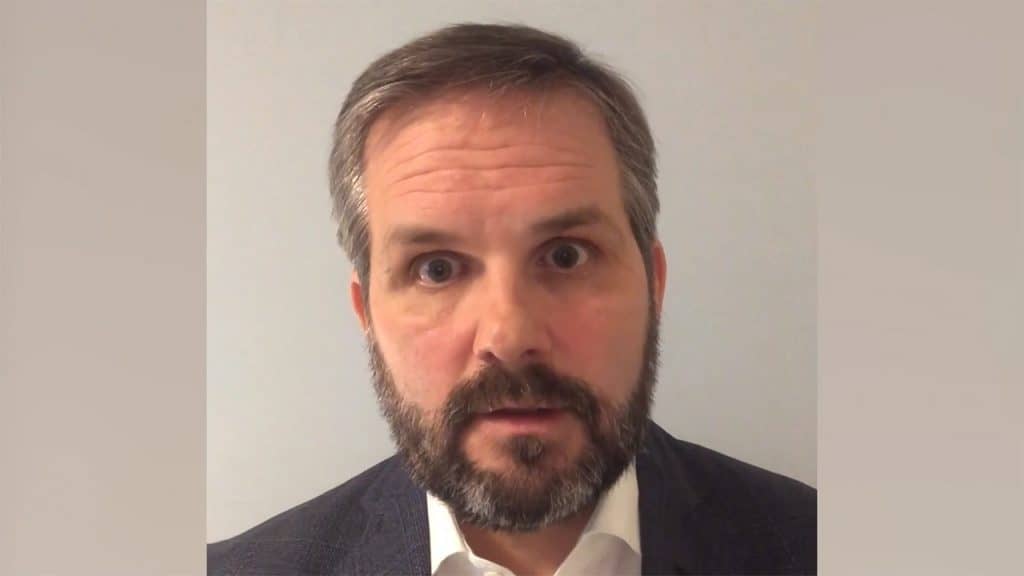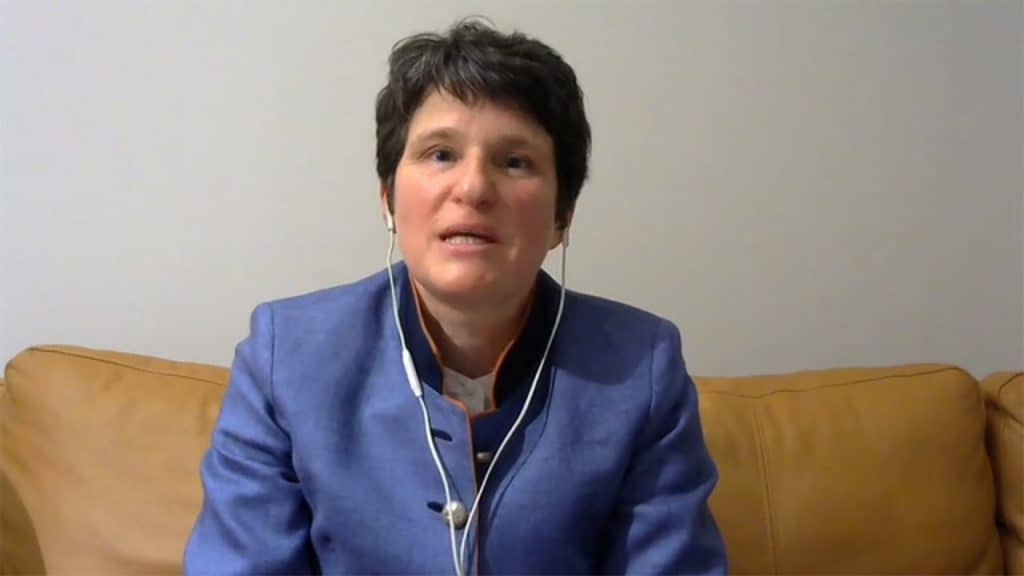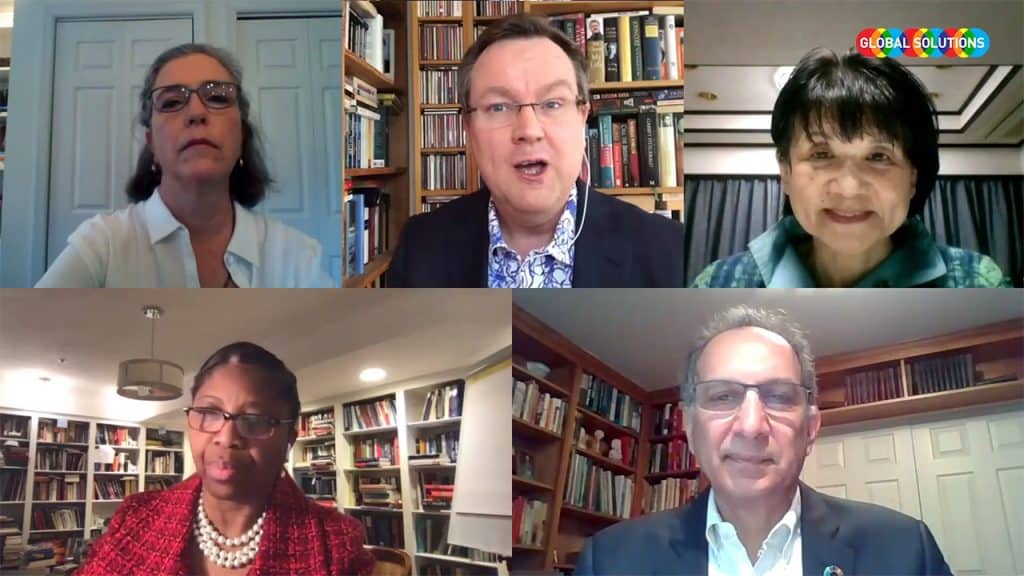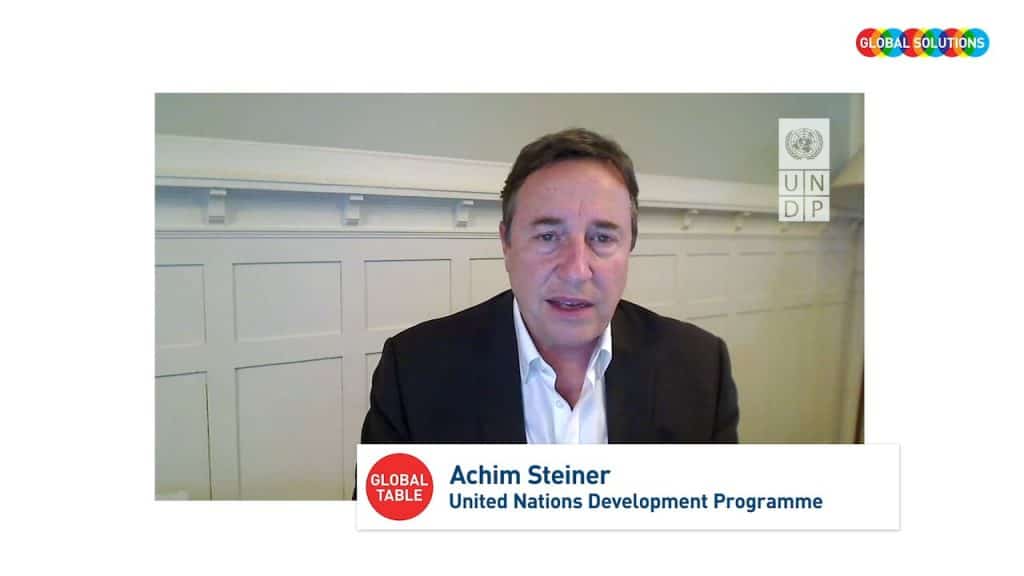Do you have ideas for a Global Solutions Hub or would you like to submit your own Solution Session? Please contact us ([email protected]).
The goal of the side event is to focus on the importance of gender economic equity across the SDGs, particularly in the context of policy responses to address the economic and social impacts of the Covid-19 pandemic as we seek to build forward better. Our objective is to secure a collective commitment to action and to issue a call to action for systemic and transformative change in policies, programs and norms in order to increase gender economic equity and the resiliency of women and girls in the face of future economic, environmental and social shocks.
The work of the UN Secretary General’s High-Level Panel on Women’s Economic Empowerment (UNHLP-WEE), completed in 2017, focused on several key issues that are particularly relevant for building forward better and increasing the resiliency of women and girls in the face of future economic, environmental and social shocks. The 2021 Summit is calling for a Great Realignment including “a systemic transformation to ensure that economic activity serves the needs of all stakeholders, contributes to societal wellbeing, and operates within planetary boundaries.”
This side event brings together some members of the UNHLP-WEE along with a range of policy makers, private sector, civil society and other actors to discuss the importance of gender economic equity across the SDGs, recognizing the devastating economic and social impacts of the Covid-19 pandemic and the critical role of women and girls for the pandemic response, recovery and resilience.
Visit this Global Solution HubSolution Sessions
Experts
The Solution Session “Building forward better. The contribution of international cooperation to the urban responses to Covid-19” is the outcome of a virtual Dialogue series hosted by Global Solutions Initiative (GSI) and Gesellschaft für Internationale Zusammenarbeit (GIZ) over the course of several months. These Dialogues brought together 30 experts and practitioners from academia, private sector and international organizations, in order to collectively develop responses to the current crisis in areas of International Cooperation: Health & Society; Informality & Communities; Inclusion & Infrastructure; Knowledge Generation & Application; Scaling Solutions & Global Agendas. This Solution Session highlights the major proposals and insights generated during these Dialogues. The speakers invite to think current approaches of International Cooperation forward.
Visit this Global Solution HubSolution Sessions
Experts
The Solution Session “Building forward better – the contribution of international cooperation to the economic responses to Covid-19” is the outcome of a virtual Dialogue series hosted by GIZ over the course of several months. These Dialogues brought together 30 experts and practitioners from academia, private sector and international organisations, in order to collectively develop responses to the current crisis in four areas of International Cooperation: SMEs, Informality, Digitalisation and Trade & Supply Chains. This Solution Session highlights the major proposals and insights generated during these Dialogues. The speakers invite to think current approaches of International Cooperation forward.
Visit this Global Solution HubSolution Sessions
Experts
We are within the final decade of the SDG 2030 Agenda and far short of attaining the targets. Since Goal 5 – Women’s economic empowerment cuts across all of the SDGs, “We will not achieve the Sustainable Development Goals if there is no accelerated action to empower women economically” (United Nations Secretary-General António Guterres, March 2017).
The challenge therefore is to identify and implement policy solutions to address gender inequities, since “eliminating gender inequities can lead to faster economic growth” (IMF, 2017) and improve social, health, and political outcomes for T20 countries and globally. Moreover, the COVID-19 pandemic is sharply increasing income gaps and structural inequities across the globe with devastating economic and social implications for women and girls. The goal of this session is to highlight the inter-sectionalities and importance of gender economic equity across the SDGs, particularly as we work on policy responses to address the economic and social impacts of the COVID-19 pandemic.
In this context, the discussion will identify key issues, propose solutions, and draw from lessons of experience where relevant.
Visit this Global Solution HubSolution Sessions
Experts
With only 10 years left to realize the 2030 Agenda, there is a common call to boost finance from additional funding sources in order to accelerate sustainable action. At the same time, new finance options and innovative tools are emerging and fueling the international debate on their potential for sustainable development.
Consequently, the United Nation’s Secretary General has appointed the “Task Force on Digital Financing of the SDGs” to investigate how this potential can be unlocked while limiting the associated risks. In order to achieve the Sustainable Development Goals (SDGs) and climate commitments agreed in 2015, financial flows have to be redirected into critical priorities and away from assets that deplete natural capital. Fintech offers the solution to accelerate the integration of the financial sector into the real economy. It provides the urgently needed opportunities to enable greater decentralization and active participation in the transition to sustainable development.
Discussion: Besides deliberating on emerging policy recommendations put forward by the UN Task Force and on the results of the “German Sustainable Fintech Stocktake” undertaken by the Sustainable Digital Finance Alliance, this panel will discuss how fintech innovations can help to link financial resources with sustainable development pathways, which is a fundamental task especially in light of the ongoing COVID-19 crisis. Accelerated by the current crisis, the panel will present examples of social inclusion in financial transactions and markets as well as highlight how digital solutions can increase transparency, accountability and information sharing between regulators, citizens and businesses. The panel will share ideas on how to realize this historic opportunity to shape finance in an innovative way while empowering citizens participation for inclusive sustainable development.
Visit this Global Solution HubSolution Sessions
Experts
Prior to the COVID-19 crisis, in a world of rapid urbanization, mayors and municipal officials were increasingly demonstrating their leadership in accelerating social and economic progress to advance the Sustainable Development Goals (SDGs). Their local priorities have taken on added importance as the world plans its recovery from COVID-19.
This session will explore how the G20 can support and leverage the actions of local leaders to advance sustainable development, especially as their economies emerge from lockdown and they reshape their communities; how the G20 can address the financing constraints that many local governments will face as they seek to enable progress towards the SDGs in the COVID-19 era; and how a healthy institutional relationship between the G20 and U20 can serve as a nexus for alignment and partnership between local and national governments as they jointly pursue a successful long-term recovery that elevates fairness, decreases inequality, and improves sustainability.
Visit this Global Solution HubWhile progress is made in many places to achieve the Sustainable Development Goals and to align economic, social and environmental progress globally; the overall speed and level of action is not sufficient to deliver on the targets set for 2030. The United Nations have hence launched the Decade of Action to speed up transformative change in the 2020s. This panel will discuss what can be learned from successful SDG implementation in different places to scale-up transformative action globally. What are common characteristics of successful SDG projects? What role do national governments, international organisations, business, science and civil society have to play to support effective SDG achievement? What impulses can the G20 give to kick-start the Decade of Action? How can the G20 help to operationalise the “leave no one behind principle” and support SDG achievement in Least Developed Countries? How can the G20 support effective global SDG monitoring by pioneering best practice and supporting other countries?
Visit this Global Solution Hub

